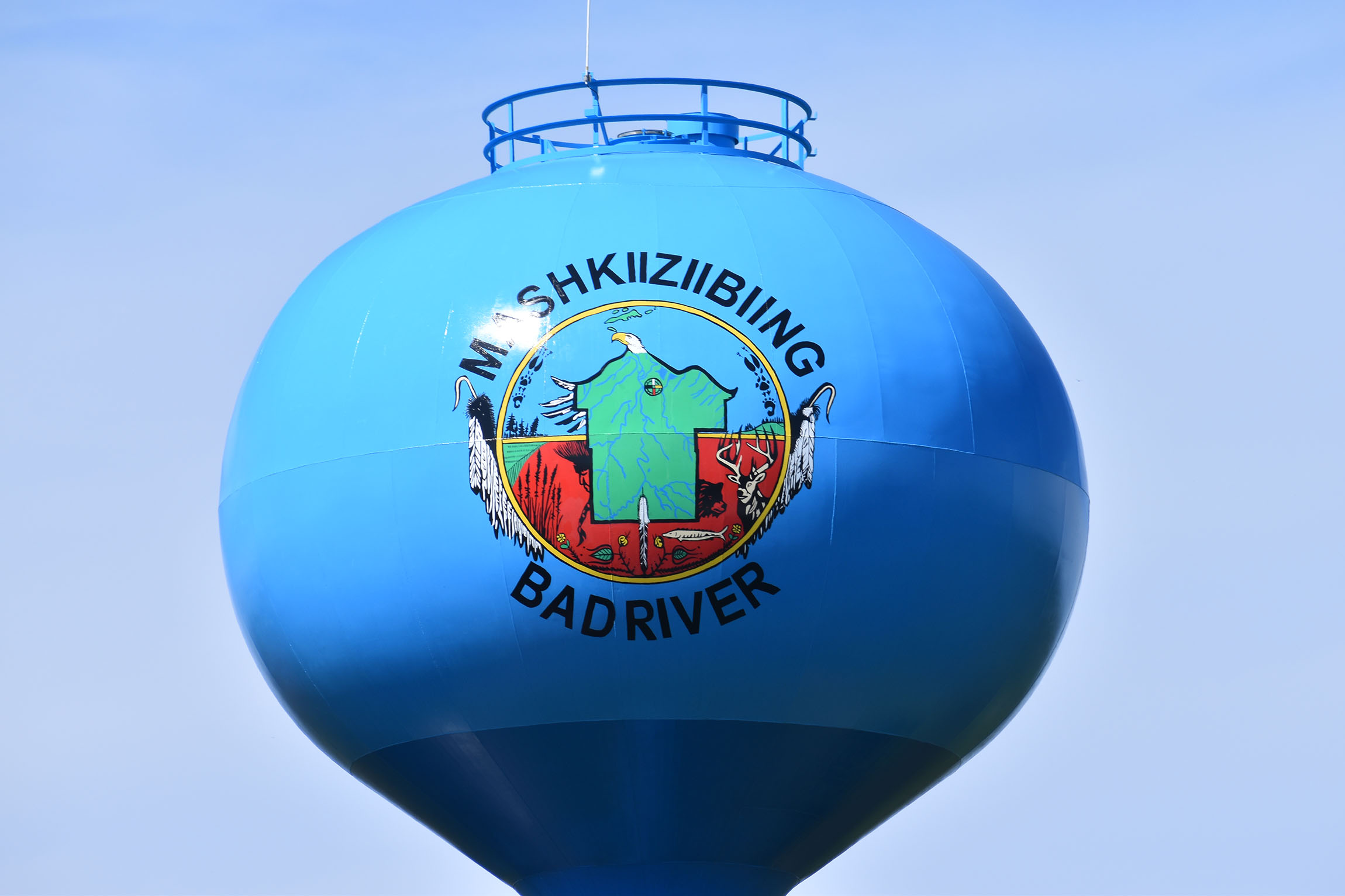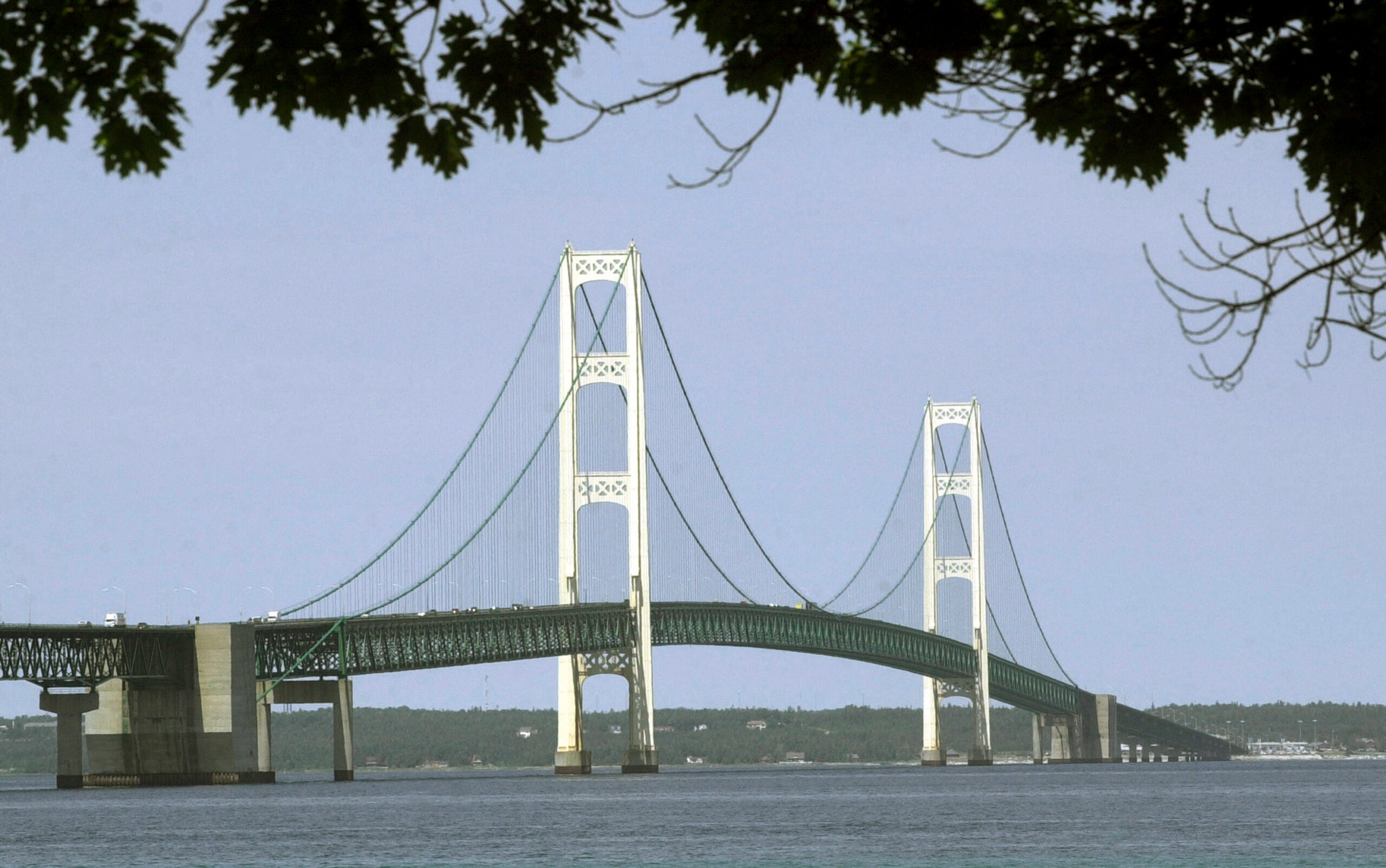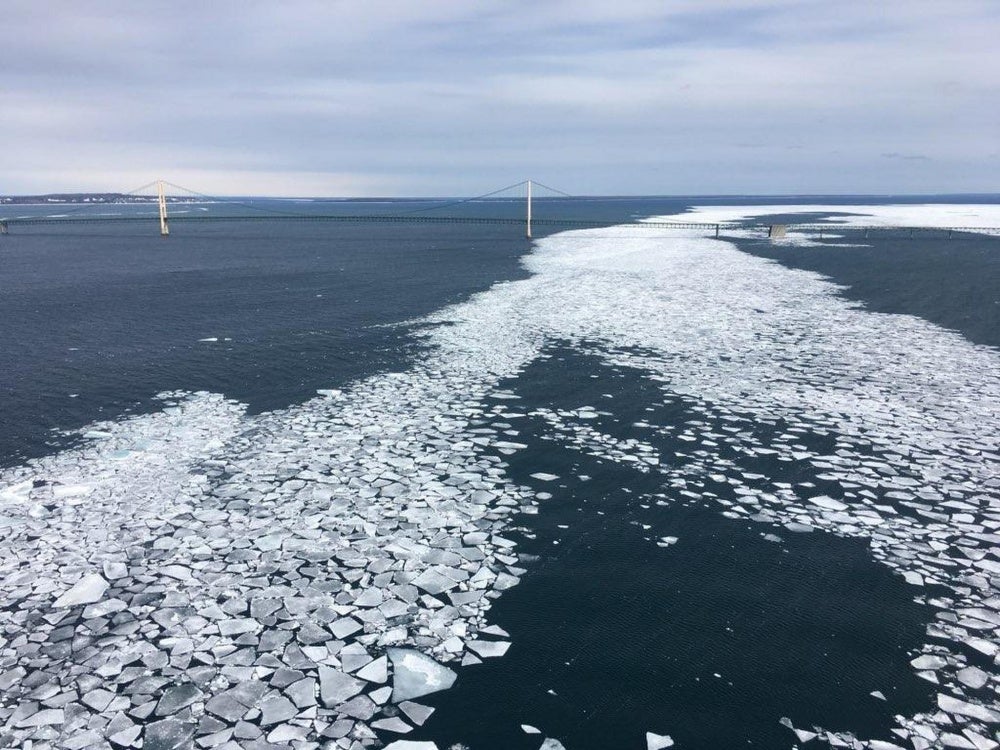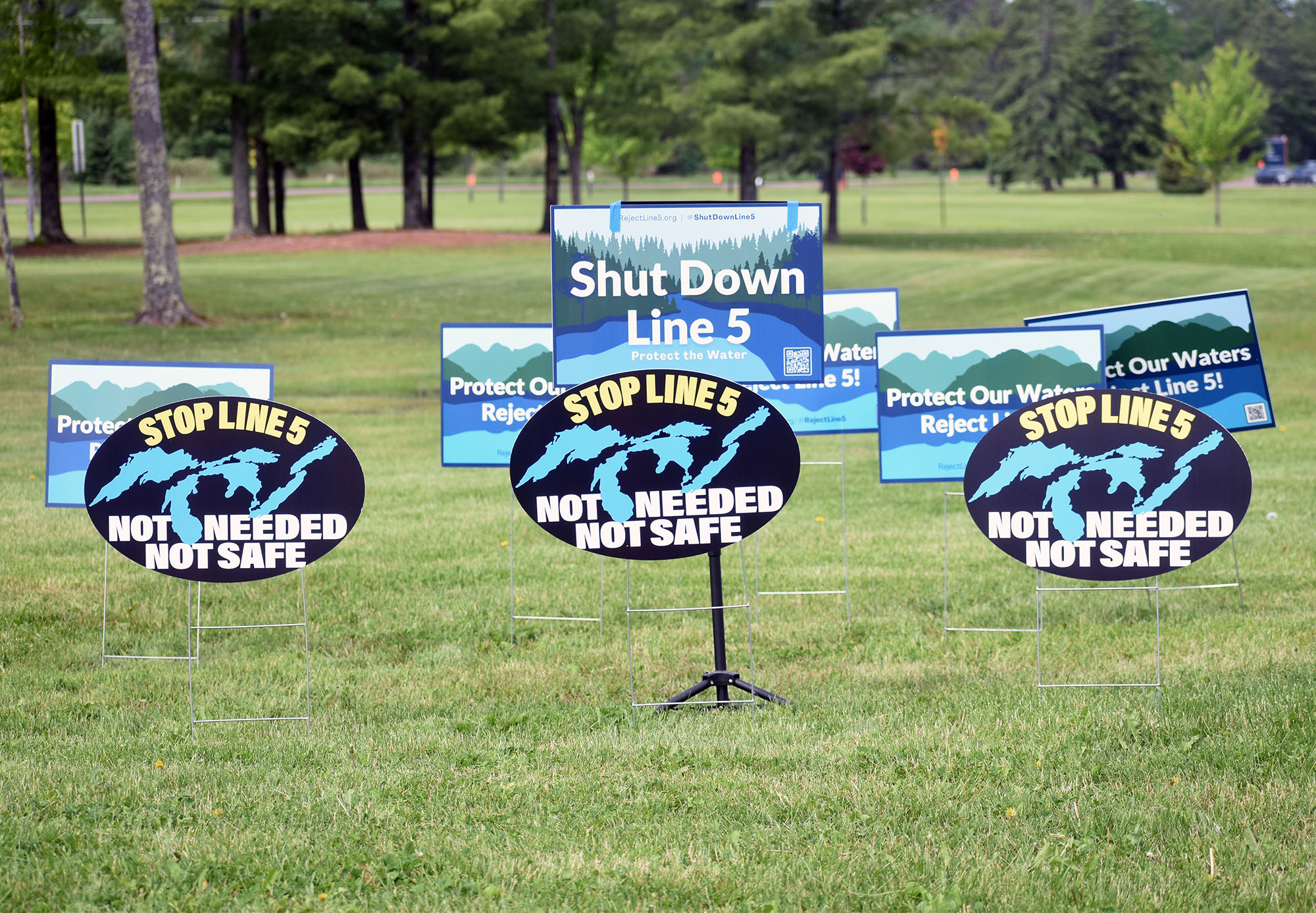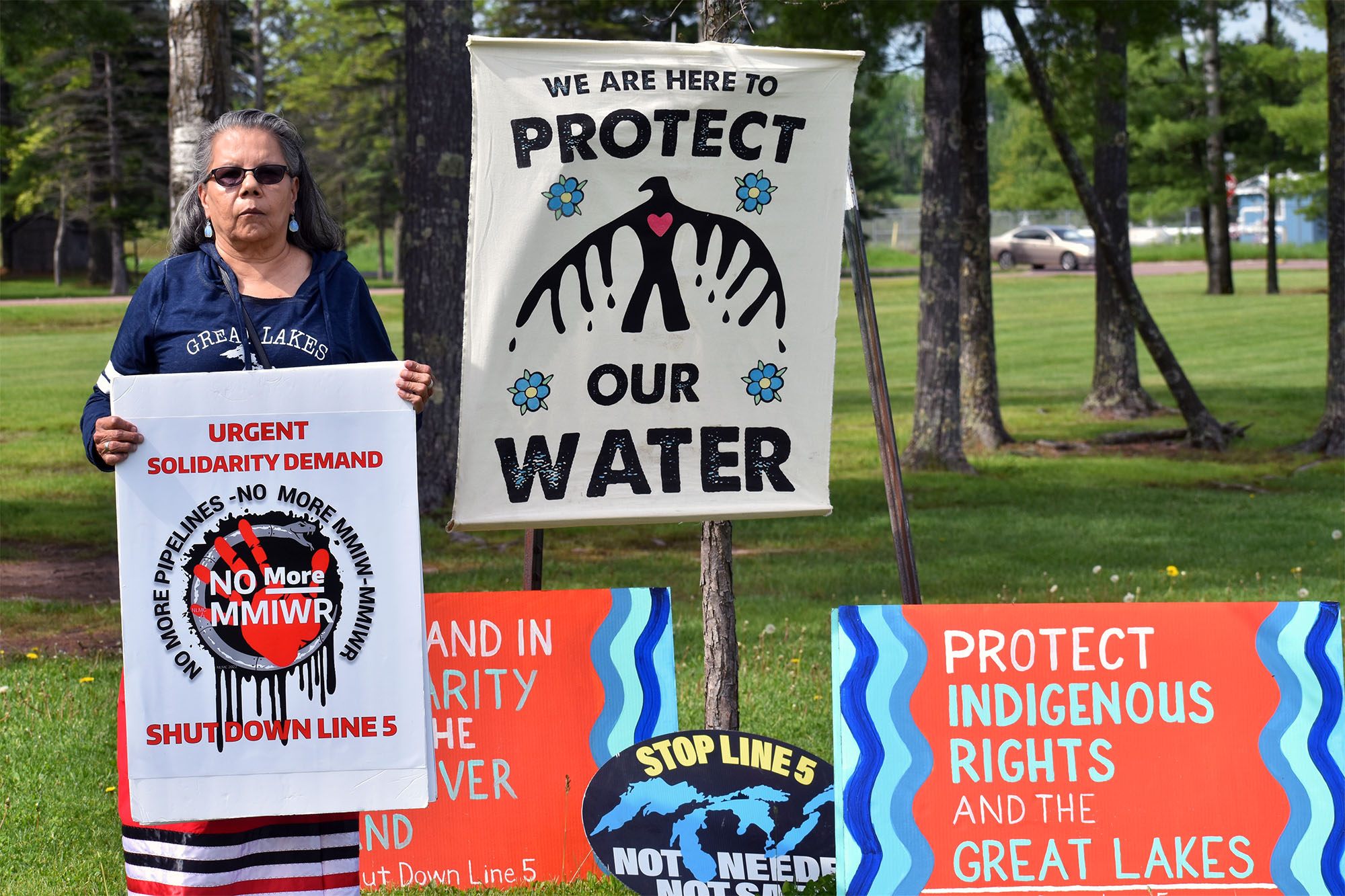The Bad River Band of Lake Superior Chippewa has objected to permitting Enbridge’s proposed Line 5 reroute under the Clean Water Act, saying the project will violate the tribe’s water quality standards.
Canadian energy firm Enbridge proposed relocating its oil and gas pipeline after Bad River sued the company in 2019 to shut down and remove Line 5 from its lands. The pipeline carries up to 23 million gallons of oil and natural gas liquids daily and runs 645 miles from Superior through northern Wisconsin and Michigan to Sarnia, Ontario.
In an 82-page letter, the tribe shared its objections on Feb. 11 with leaders of the U.S. Environmental Protection Agency and Army Corps of Engineers, including newly confirmed EPA Administrator Lee Zeldin.
Bad River Tribal Chair Robert Blanchard told the agencies the project will affect the quality of the Band’s waters, wetlands and aquatic resources. When the pipeline was first built in 1953, Blanchard told WPR it was installed without any say from tribal members.
“Now they want to reroute it, put it just on the outside of our boundaries. I think it makes the matters much, much worse because there’s many more streams and tributaries and everything that runs toward Bad River into Bad River out into Lake Superior,” Blanchard said.
The EPA approved the tribe’s water quality standards in 2009, which Blanchard said go beyond state standards. The tribe said the state failed to consider the tribe’s water quality standards when the Wisconsin Department of Natural Resources certified that the project complied with state standards.
The tribe argues that no permit conditions can ensure the reroute won’t violate its water quality standards due to a lack of baseline data and adequate plans to minimize impacts.
The tribe is requesting that the Army Corps hold a public hearing on its objection within the Bad River Reservation. The agency is reviewing Enbridge’s application for a permit under the Clean Water Act. An Army Corps spokesperson said the agency is planning a hearing, the date of which would be announced at least 30 days in advance.
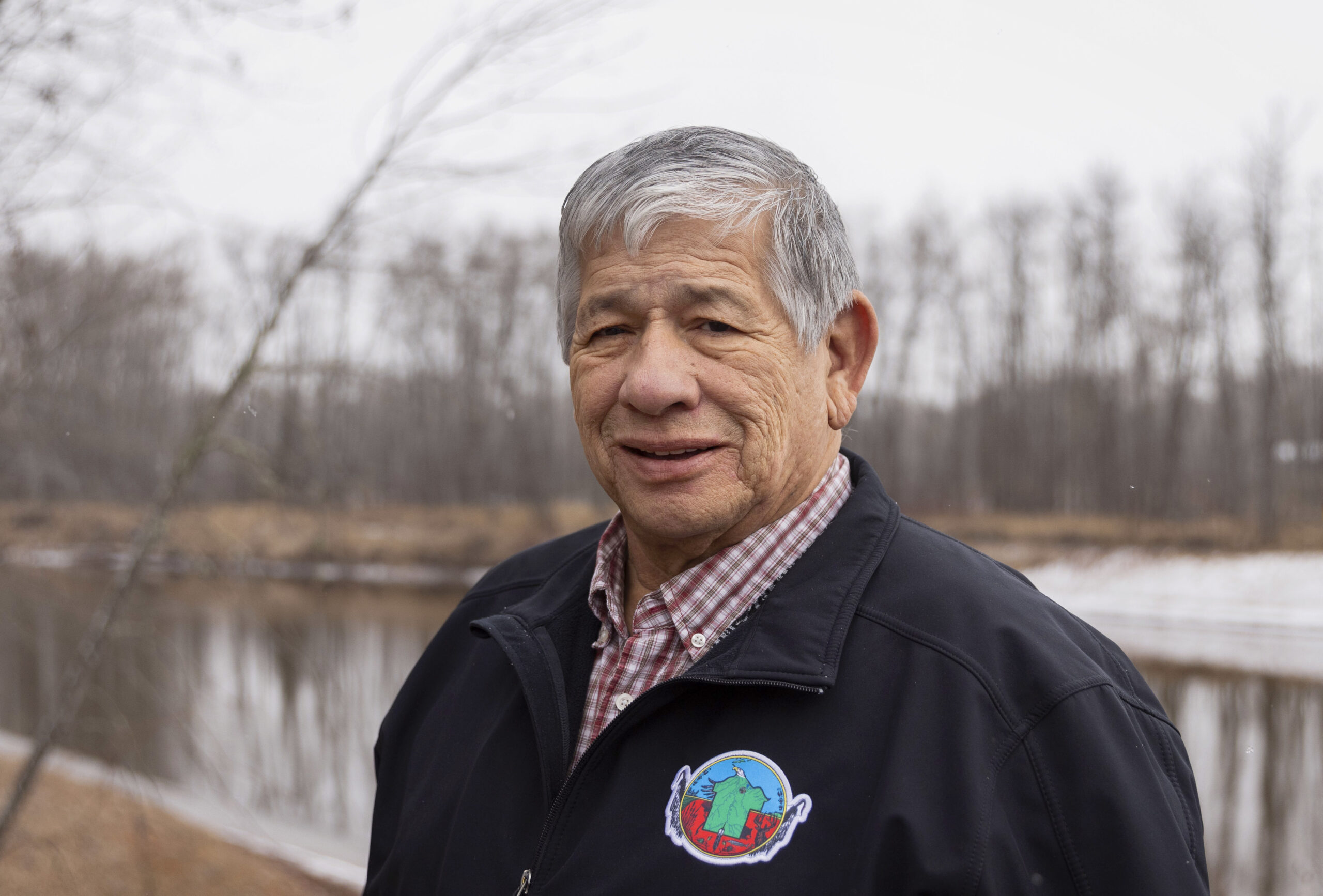
Stay informed on the latest news
Sign up for WPR’s email newsletter.
In a statement, Enbridge spokesperson Juli Kellner disputed the tribe’s stance.
“We’re confident construction of the Line 5 Segment Relocation Project will have no significant impact on water quality and will not exceed the Bad River Band’s water quality standards,” Kellner said. “This was confirmed by extensive and comprehensive sediment modeling by RPS, a firm with over 40 years of experience.”
Kellner said the United Kingdom-based firm conducted modeling that showed any construction-related increase in sediment levels within waterways would clear up within 10 hours, saying that’s less than an average rainstorm.
However, an analysis by the tribe’s Mashkiiziibii Natural Resources Department and its consulting firms said they found shortcomings in the firm’s review of potential inadvertent releases while installing pipe. The tribe said that’s concerning due to more than two dozen releases documented on Enbridge’s Line 3 replacement project, which saw multiple aquifer breaches that released hundreds of millions of gallons of groundwater.
The tribe’s analysis said discharges from the project would affect water quality through dredging or filling wetlands, blasting bedrock, spreading invasive species, breaching aquifers and inadvertent releases of drilling fluid when the pipe is installed. They say loss of forested wetlands could lead to higher water temperatures and releases of drilling fluid could smother fish-spawning beds.
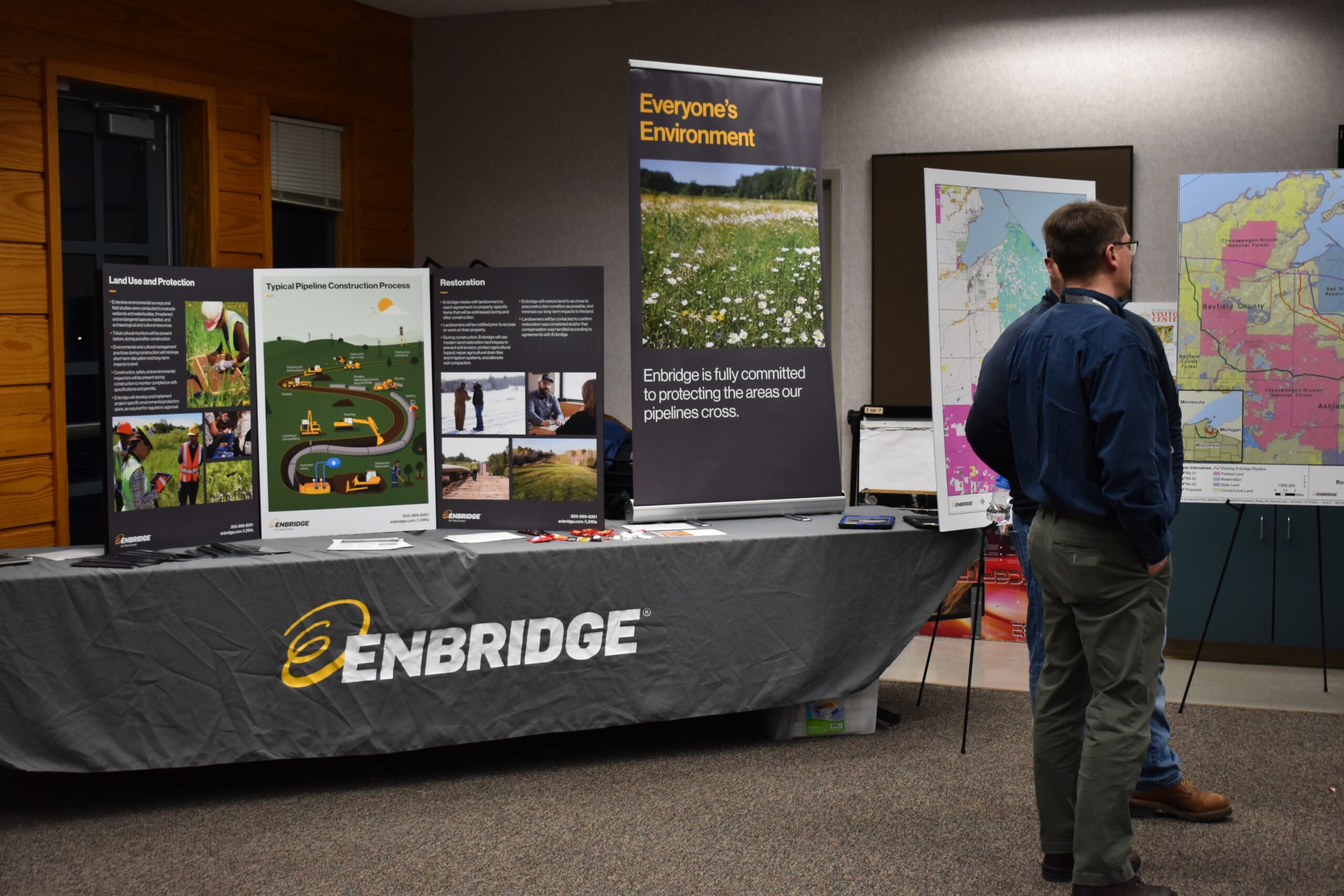
Stefanie Tsosie, an Earthjustice attorney representing the tribe, said it’s possible that blasting could unearth naturally occurring elements in bedrock that could be hazardous when exposed to air or water.
“The blasting materials themselves could be hazardous and introduce hazardous components to the water,” Tsosie said.
The tribe and its experts said blasting, drilling fluid or equipment failures could introduce contamination from PFAS, mercury or other chemicals. Bad River also voiced concerns that the project could affect groundwater flows that feed waterways and wetlands, as well as drinking water at its Birch Hill community well.
Blanchard said water is the lifeblood of the tribe and its members’ way of life. He said tribal members rely on those waterways for hunting, fishing and harvesting wild rice or manoomin.
The Kakagon and Bad River Sloughs provide habitat for wild rice that is central to the tribe’s migration story. It’s home to about 16,000 acres of internationally recognized wetlands and more than half the coastal wetlands on the Wisconsin shoreline of Lake Superior.
“If something happens to that, where are we? What happens to us? We got to take care of this land the way we take care of ourselves,” Blanchard said.
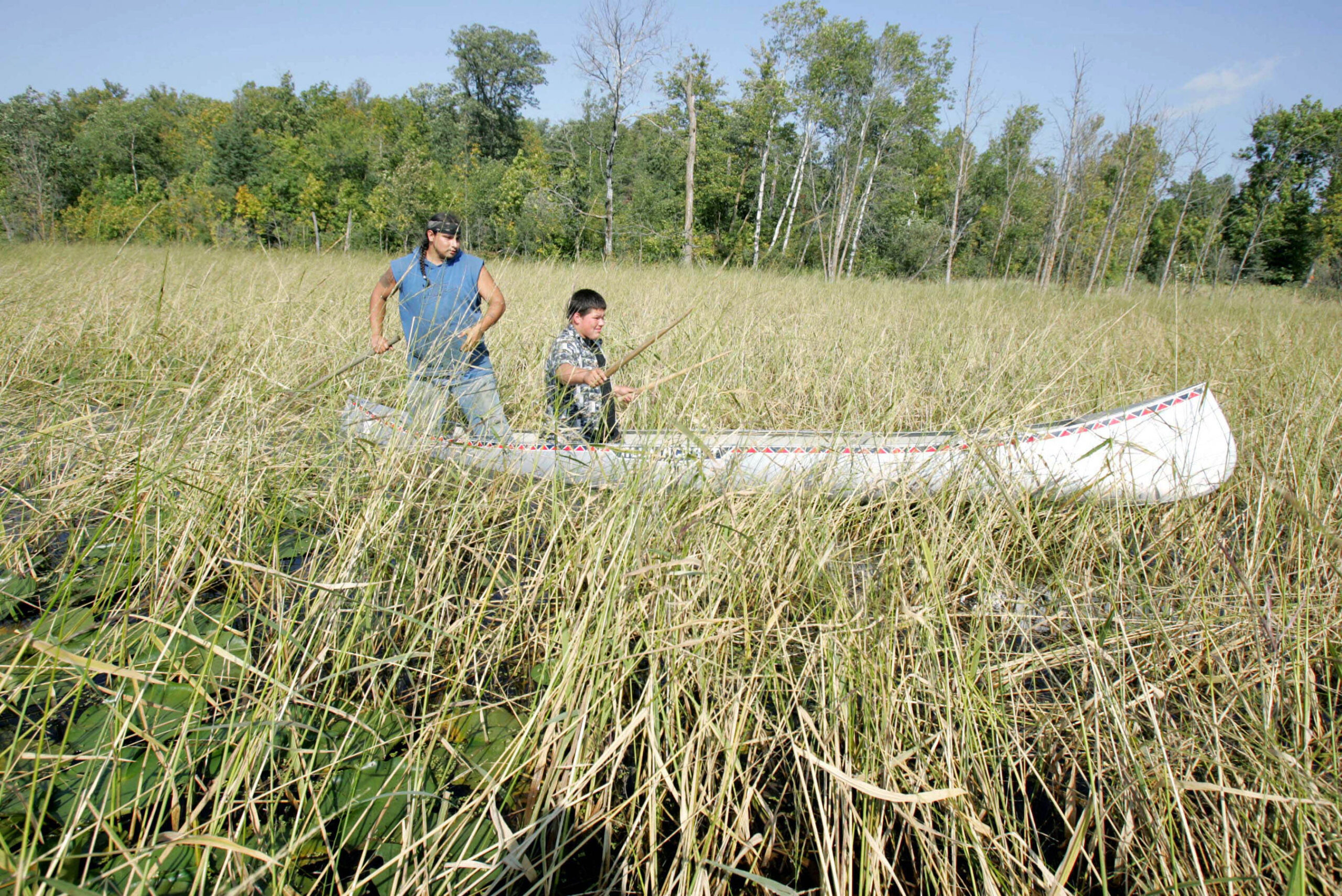
President Donald Trump issued an executive order that aims to streamline the federal permitting process to facilitate construction of energy projects, including pipelines. Blanchard said that’s concerning.
“I don’t know if anybody but him knows what he’s going to do,” Blanchard said. “But whatever he says or does, we may take a look at it differently than what we do now, but we’re just going to keep moving forward with what our intentions are right now. That’s to save our lands, save our environment.”
The tribe’s objection comes after the EPA notified the tribe on Dec. 13 that discharges tied to the Line 5 reroute may affect the tribe’s water quality. The project is slated to cross 186 waterways and affect 101 acres of wetlands in Ashland and Iron counties. The EPA’s notification came just a day after the tribe and environmental groups challenged state permits issued for the project.
The Line 5 reroute is expected to cost more than $500 million. Enbridge said it will generate millions of dollars in local spending during construction and create more than 700 jobs.
The company has already secured agreements with landowners along the route, as well as an agreement with labor groups to build the project. The company hopes to begin construction as soon as it secures all necessary permits, but Enbridge and the tribe are still locked in an ongoing legal battle.
In 2023, U.S. District Judge William Conley ordered the company to pay $5.15 million for trespassing on the Bad River tribe’s lands where its pipeline easements expired. He also ordered the company to shut down or reroute Line 5 where it’s illegally operating by June 2026. Both the tribe and Enbridge are appealing that decision in the Seventh Circuit Court of Appeals, and a ruling is still pending.
Wisconsin Public Radio, © Copyright 2025, Board of Regents of the University of Wisconsin System and Wisconsin Educational Communications Board.
